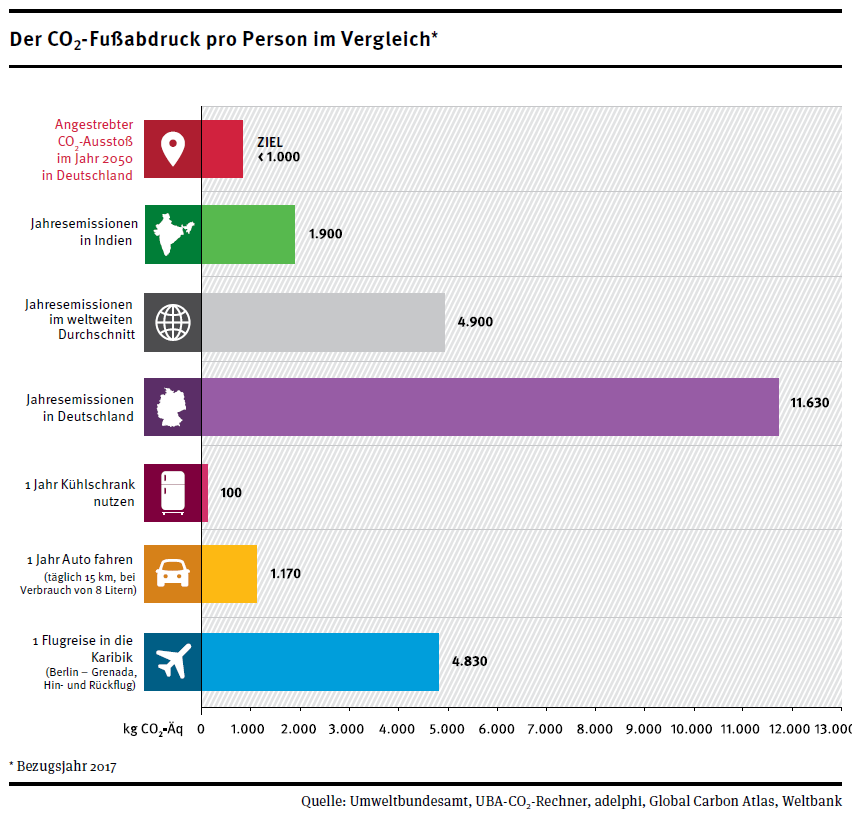Overtourism as a result of increasing willingness to travel
Anyone who speaks of the consequences of increasing travel activities around the world cannot ignore the modern term ‚overtourism. This describes the negative effects of over-visited places or cities. Not only the environment has to struggle with the consequences, but also the locals.
Overtourism is often read and mentioned in connection with mass tourism, but both terms should not be lumped together. A slight increase in tourists in a small region can already have a negative impact on the lives of the residents (cf. Koens, 2018).
Examples of over-visited places in Europe that suffer from overtourism are Barcelona in the high season, Mallorca as Germany’s favourite holiday island, but also Oia on the Greek holiday island of Santorini, whose sunsets are a very popular motif for Instagram and others and thus attracts even more tourists.
The problems of overtourism meanwhile ensure many discussions on the part of governments and also the population in order to create solutions on a national level, but also internationally.
A well-known example is the temporary closure of the Thai dream beach Maya Bay, which attracts several thousand tourists every day thanks to the film „The Beach“. Coral banks are supposed to be able to recover during this time and during the closure, they want to do something more about the heavy pollution on the beach and the water (for example from sunscreen) by tourists.
Soft travel for a better climate balance & for more consideration for nature & culture
We know it is hardly possible to have tourism is hardly possible without any consequences, but there are many practical tips and also simple attitudes for how we as tourists can travel wisely.
At familienurlaub.eu we of course also know that we contribute negatively to the climate balance with every travel activity and we want to campaign for the subject of „soft tourism“ in order to keep the consequences of our actions as small as possible.
On this page, we present you with ways to travel more softly.
Sustainable tourism is not ecotourism
Sustainable tourism and ecotourism are often understood to have the same intentions. Strictly speaking, however, a distinction must be made here.
Ecotourism is understood to mean „responsible travel in natural areas that protects the environment and increases the prosperity of the locals“ (Reisenexclusiv.com, 2018). Originally formulated by The Ecotourism Society (1991): „Ecotourism is responsible for travel to natural areas that conserves the environment and sustains the wellbeing of local people“.
Ideally, this means travelling to a country that also benefits from the holidaymakers. Tourists, for example, actively campaign for the preservation of the ecosystem (e.g. by donating or collecting garbage).
However, those who travel sustainably try to keep their ecological footprint as low as possible or to respect the nature and culture of the travel destination and not to overwhelm them with their trip, but do not equally contribute to environmental protection. So you have to be aware: Those who travel softly still leave their mark. We aim to leave the smallest possible mark on the country we are travelling to.
Soft tourism is the counter model to mass tourism
Soft or sustainable tourism, or also often referred to as integrative or future-oriented tourism, is the opposite of mass tourism. As before, tourism is one of the most important sources of income for many countries (and regions), so that tourist spots quickly become dependent on transnational companies, i.e. cross-border companies, which in turn often promote mass tourism.
Soft travel thus means to support the region/country financially through tourist activities but to be particularly considerate of nature and culture, while the money is spent consciously.
Practical tips for travelling softly and sustainably
Familienurlaub.eu would like to support sustainable tourism and thus show all travel fans that it is not that difficult to go on a soft family holiday. There are many ways to travel in a more environmentally friendly and respectful manner. You alone decide which practical tips you implement best and most easily. Every approach, every step and every form of awareness helps make travel more forward-looking.
1. Look at the holiday destination with climate-friendly eyes
We are fans of Europe! The continent has a lot to offer that makes a great family holiday. It is easy to do without long-haul flights which damage the environment. Even close by there is an adventure and a holiday atmosphere with it. So if you want to go, think a little about the carbon footprint of your arrival and departure.


